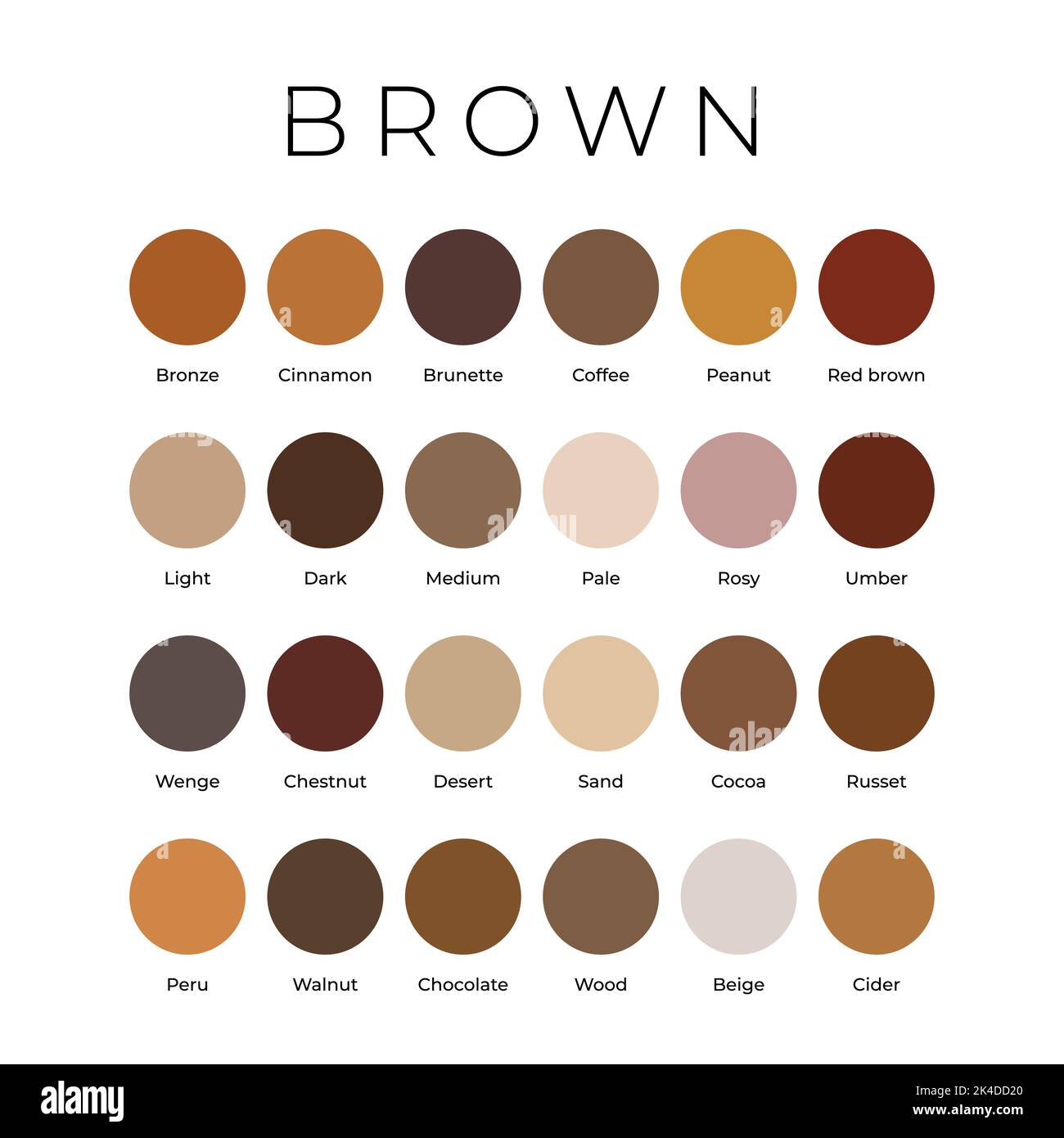Mushroom Legality: Complete Guide to Where Psychedelic and Culinary Fungi Are Permitted
Understanding mushroom legality around the world
The legal status of mushrooms vary dramatically depend on the type of mushroom and where you’re in the world. While culinary mushrooms like portobello, shiitake, and button mushrooms are legal most everyplace, psychedelic mushrooms contain psilocybin face a more complex legal landscape.
Culinary mushrooms: legal status
Edible, non-psychoactive mushrooms are legal to grow, sell, and consume in virtually every country global. These include common varieties find in grocery stores and restaurants:
- Button mushrooms
- Portobello mushrooms
- Shiitake mushrooms
- Oyster mushrooms
- Chanterelles
- Morels
- Truffles (nnon-psychoactivevarieties )
The cultivation and sale of these mushrooms are typically regulated under standard food safety laws preferably than control substance legislation.
Psychedelic mushrooms: the legal divide
Psilocybin mushrooms, usually know as” magic mushrooms ” r “” rooms, ” ” tain compounds that produce psychedelic effects. Their legal status is lots more restrictive and vary importantly by country and, in some cases, by region within countries.
Countries where psilocybin mushrooms are full decriminalize or legal
Really few countries have full legalize psilocybin mushrooms for recreational use. Yet, some have taken steps toward decriminalization or have legal gray areas:
Jamaica
Jamaica stand out as one of the near permissive countries regard psilocybin mushrooms. They were ne’er specifically criminalize here, make Jamaica a destination for psychedelic retreats and mushroom base tourism. Mushroom cultivation, sale, and consumption are openly practiced.
Brazil
The possession of psilocybin mushrooms is not criminalized inBrazill. While the active compound psilocybin is technically control, the mushrooms themselves exist in a legal gray area. Retreats and ceremonial use have flourish in certain regions.
The Netherlands
The Netherlands have a unique approach. While dry psilocybin mushrooms are illegal, fresh psilocybin truffles (the underground part of certain mushroom species )remain legal and are sell in smsmart shopshroughout the country. This loophole has ccreateda thriving psychedelic truffle market.
Nepal
Nepal has traditionally had a permissive approach to psilocybin mushrooms, peculiarly in tourist areas. While not explicitly legal, enforcement is minimal, and mushroom base products are oftentimes openly sell in certain regions.
Countries with regional decriminalization
United States
The United States presents a patchwork of laws regard psilocybin mushrooms:
-
Oregon
in 2020, oOregonbecome the first state to legalize psilocybin for therapeutic use through measure 109. The state has iimplementeda regulated system for psilocybin services that begin operate in 2023. -
Colorado
voters approve a measure to decriminalize personal possession, cultivation, and sharing of psilocybin mushrooms and certain other natural psychedelics. -
Cities with decriminalization
several cities have ddecriminalizedpsilocybin mushrooms, include Denver (cColorado) oaOaklandnd saSanta Cruz (lCalifornia)nn Ann Arbori(iMichigan) washinWashingtondecriminalization typically mean law enforcement treat possession of small amounts as their lowest priority.
Despite these local changes, psilocybin remain a schedule I control substance at the federal level, create a complex legal situation where activities may be permitted under local law btranquilizeize illegal federally.
Canada
While psilocybin mushrooms remain illegal throughout Canada under the controlled drugs and substances act, health Canada has grant exemptions for therapeutic use in end of life care and treatment resistant depression. Additionally, many Canadian cities are considered decriminalization measures, and enforcement for personal possession has become progressively rare in urban centers.
Australia
Australia lately reclassifieMDMAma and psilocybin to allow their prescription by authorize psychiatrists for treatment resistant depression anPTSDsd. Thirepresentsnt a significant shift, though recreational use remains prohibit.

Source: nstarfinance.com
Countries where psychedelic mushrooms remain purely illegal
In most countries universal, psilocybin mushrooms remain purely prohibit. These include:
- United Kingdom
- Germany
- France
- Spain
- Italy
- Russia
- China
- Japan
- Most southeast asiAsiaw(h specially severe penalties in countries like indoIndonesialaMalaysiad singSingapore)
- Most middle eastern countries
- Most African nations
Penalties in these countries can range from fines to lengthy imprisonment, peculiarly for trafficking or large quantity possession.
Legal loopholes and gray areas
Spore legality
An interesting legal distinction exist in many jurisdictions regard psilocybin mushroom spores. Since the spores themselves don’t contain psilocybin, they’re legal in many places where the growth mushrooms are not:
- In most u.s. states (except cCalifornia gGeorgia and iIdaho) psilocybin mushroom spores are legal to possess and sell, though cultivate them remain illegal.
- In Canada, mushroom spores and grow kits are lawfully sold, though grow psilocybin mushrooms is technically illegal.
- In the UK and many European countries, spores are legal while grow mushrooms are not.
This creates a situation where the materials need to grow psilocybin mushrooms are oftentimes lawfully available, yet where the mushrooms themselves areprohibitedt.

Source: marrowstonemushrooms.com
Religious and indigenous use exemptions
Some jurisdictions provide exemptions for traditional or religious use of psychedelic substances, include mushrooms:
- In the United States, the Native American church has won legal protections for its use of peyote, which could potentially set precedent for other ethnogenic plants and fungi.
- In Mexico, traditional indigenous use of psilocybin mushrooms have historical protection, peculiarly among Aztec communities, though the legal framework reremainsomplex.
- Brazil recognize certain ayahuasca use as religious practice, suggest potential openness to ritual use of other psychedelics.
Medicinal research exceptions
Yet in countries where psilocybin mushrooms are purely prohibited, exceptions progressively exist for medical research:
- The United States FDA has grant” breakthrough therapy ” esignation to psilocybin for treatment resistant depression, allow accelerated research.
- The UK have several approve psilocybin research programs at major universities.
- Switzerland has permit limited psychedelic therapy research.
- Israel has an active psychedelic research program include psilocybin studies.
These research exceptions represent a growth recognition of potential therapeutic benefits, yet in countries maintain recreational prohibition.
Forage wild mushrooms: legal considerations
Beyond psychedelic varieties, legal issues can arise when forage wild mushrooms of any type:
-
Property laws
collect mushrooms without permission on private property is typically illegal disregarding of the mushroom type. -
Protect areas
many national parks and nature reserves prohibit mushroom collection to protect ecosystems. -
Quantity limits
some regions impose limits on how many wild mushrooms can be collect, peculiarly for commercial purposes. -
Endangered species
certain rare mushroom species may bbe protectedby conservation laws.
Before forage, it’s essential to research local regulations regard wild mushroom collection.
The change legal landscape
The legal status of psilocybin mushrooms is evolved chop chop in many parts of the world, drive by several factors:
Medical research developments
Clinical studies from institutions like johns Hopkins, Imperial College London, and others have demonstrated promising results use psilocybin for conditions include:
- Treatment resistant depression
- End of life anxiety in terminal patients
- Substance use disorders
- PTSD
- Obsessive compulsive disorder
These findings are influence policy discussions worldwide.
Shift public opinion
Public perception of psychedelic substances has changed dramatically in recent years. Surveys show increase support for both medical applications and decriminalization of plant base psychedelics, include psilocybin mushrooms.
Drug policy reform movements
Broader drug policy reform efforts have included psilocybin mushrooms in their advocacy, frequently frame decriminalization as both a public health approach and a matter of cognitive liberty.
Practical considerations for travelers
For those interested in psychedelic tourism or experiences in regions where psilocybin mushrooms have some legal status:
- Research exhaustively before travel, as laws change oftentimes.
- Still in decriminalize areas, public use may distillery be prohibited.
- Ne’er attempt to cross international borders with psilocybin mushrooms, disregarding of the legal status at your destination.
- Consider reputable retreat centers in lawfully permissive countries for guide experiences.
- Be aware that medical insurance typically won’t will cover incidents will relate to psychedelic use, yet in places where it’s will permit.
Future outlook for mushroom legality
The trend toward greater acceptance of psilocybin mushrooms is likely to continue, especially for medical applications. Several developments suggest this direction:
- Multiple pharmaceutical companies are developed psilocybin base medications foFDAda approval.
- Additional u.s. states are considered measures similar tOregonon’s therapeutic model.
- Canada is expanded its medical exemption program for psilocybin access.
- European countries include Switzerland, Czech Republic, and Portugal are considered expand research programs or decriminalization measures.
Notwithstanding, full legalization for recreational use remain unlikely in most major countries in the near term.
Conclusion
The legal status of mushrooms present a complex global patchwork, peculiarly for psilocybin contain varieties. While culinary mushrooms face few restrictions, psychedelic mushrooms remain prohibit in most places despite a growth trend toward decriminalization and medical applications.
For those interested in psilocybin mushrooms for either therapeutic or personal growth purposes, options exist in select jurisdictions, though navigate the legal landscape require careful research. The near permissive regions presently include Jamaica, the Netherlands (for truffles ) brBraziland parts of the unUnited Stateshere decriminalization has ococcurred
As research will continue to will demonstrate therapeutic benefits, the legal status of psilocybin mushrooms will probable will continue will evolve toward greater acceptance, peculiarly in medical contexts. Nevertheless, anyone consider use should cautiously investigate the specific laws in their location, as penalties can be severe in many parts of the world.



